MOGADISHU, (HAN) — Somalia’s capital, Mogadishu, has long embodied both the nation’s resilience and its struggles.
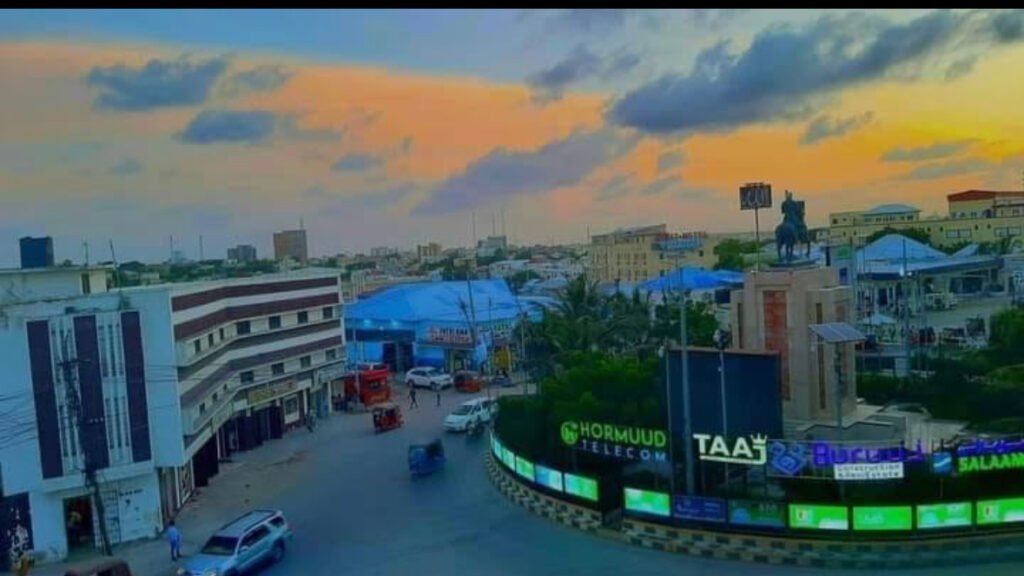
Decades of civil war, political instability, and weak governance have left lasting marks on the city’s infrastructure, public services, and urban life. For many residents, the dream of a clean, efficiently managed city has remained elusive, often delayed by leadership criticized for emphasizing appearances over tangible progress.
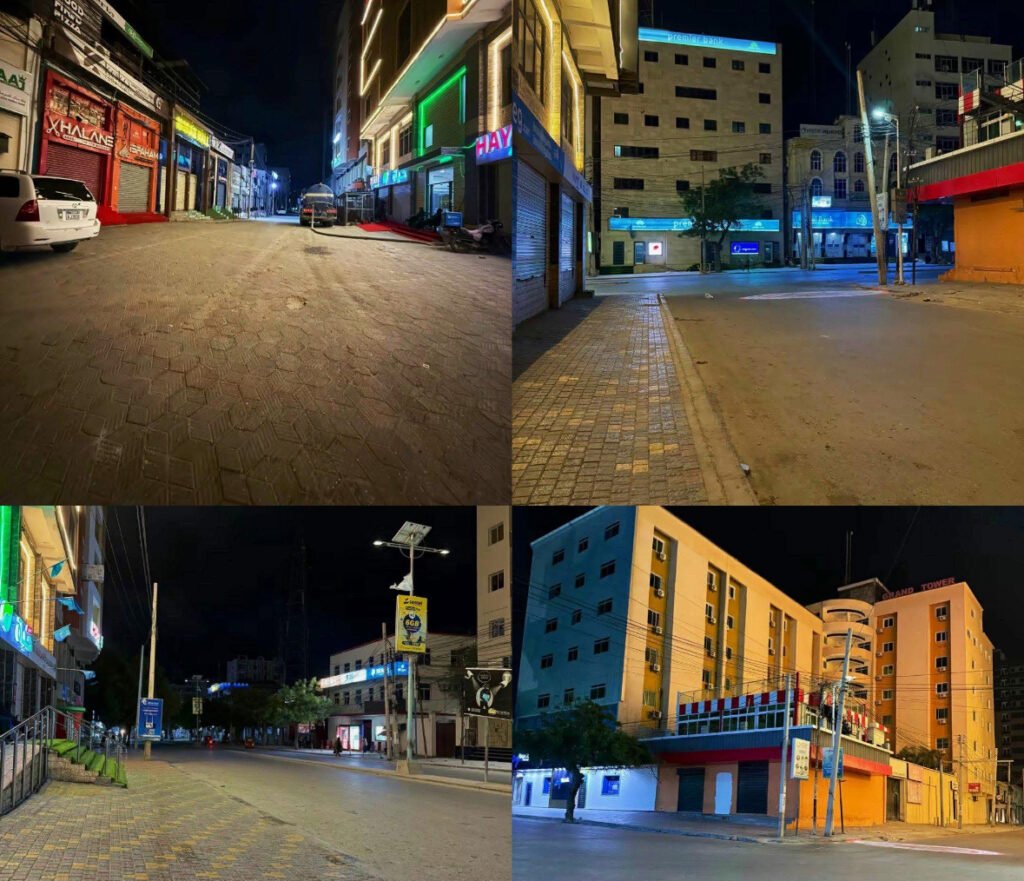
In recent years, frustration among residents has intensified over municipal governance. Many argue that city officials prioritize media coverage, photo opportunities, and public praise rather than addressing everyday challenges.
These challenges include inadequate waste management, blocked drainage systems that worsen seasonal flooding, inconsistent electricity and street lighting, and unsafe public spaces. As a result, despite Mogadishu’s historical and cultural significance, it continues to struggle with basic functionality.
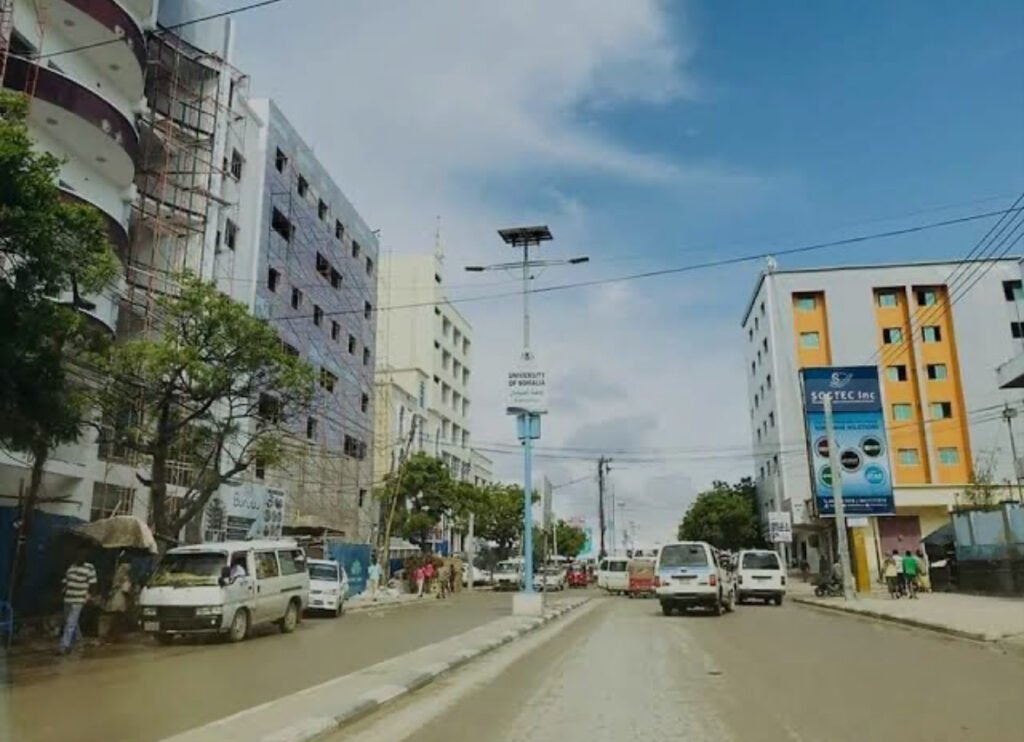
Local residents describe a vision for Mogadishu grounded in practicality. They imagine streets free of litter, safe public spaces for children and families, and municipal systems responsive to citizens’ needs rather than political optics. “We want leaders who work quietly but effectively, not just those who appear in photographs expecting praise,” said a local business owner. This sentiment underscores a wider call for accountability, integrity, and professionalism in city management.
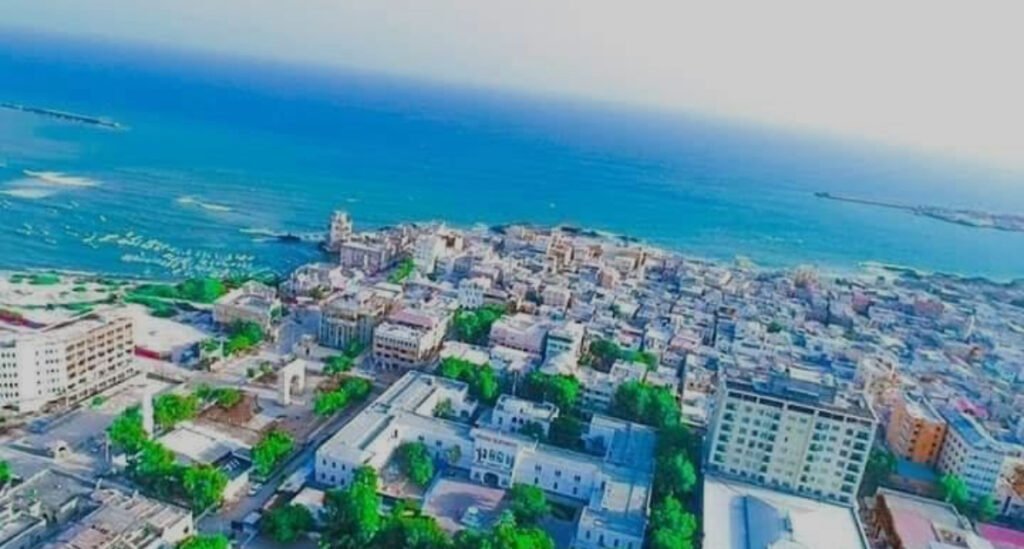
Experts in urban planning and governance say such transformation is achievable but requires political will, institutional reforms, and community engagement. Effective municipal management would include consistent sanitation services, transparent budget allocations for infrastructure, and active citizen participation in decision-making. Planners argue that focusing on functional leadership over symbolic gestures could rapidly improve living standards while enhancing the city’s reputation.
The benefits of a well-managed Mogadishu extend beyond cleanliness and infrastructure. A functional city could attract investment, foster commerce, and strengthen public confidence in governance. Clean, efficient municipal leadership, experts say, is as much about civic pride as it is about practical urban management.
The public’s demand for responsible governance also reflects a broader societal shift away from symbolic recognition toward real service. Civil society organizations have echoed this call, stressing that Mogadishu’s development hinges on leaders who prioritize long-term solutions over short-term visibility.
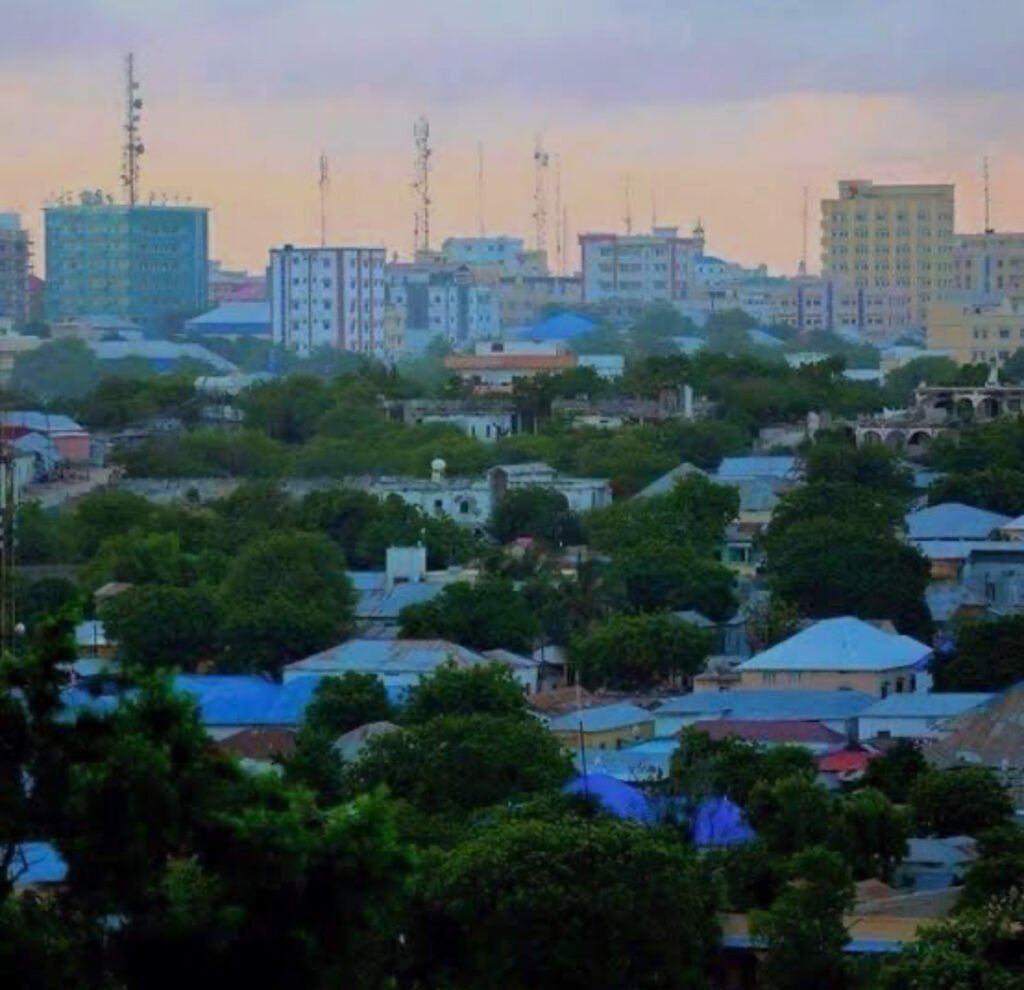
Ultimately, the vision of a cleaner, better-managed Mogadishu represents more than aesthetics—it reflects the city’s and the nation’s resilience and potential. With sustained political commitment, strategic urban planning, and active civic participation, Mogadishu could evolve into a modern capital exemplifying efficiency, dignity, and progress. This transformation would signal not only the revival of the city but also a step toward rebuilding Somalia’s governance systems after decades of instability.
As citizens continue to dream of a city free from corruption and empty promises, one question remains: will Somalia’s leadership rise to meet these expectations, or will Mogadishu remain trapped in a cycle of unfulfilled potential? For many, the answer will shape not only the city’s future but the nation’s hope of reclaiming stability and growth.

